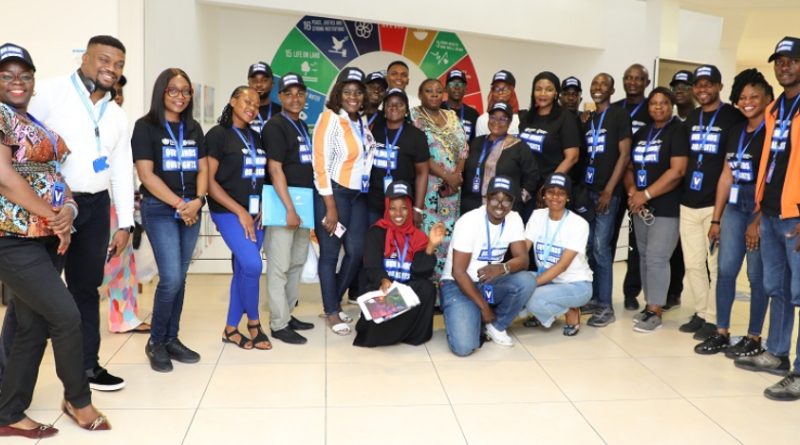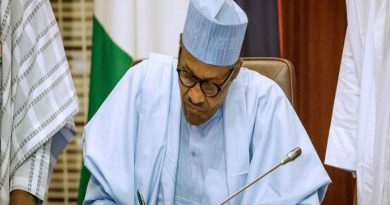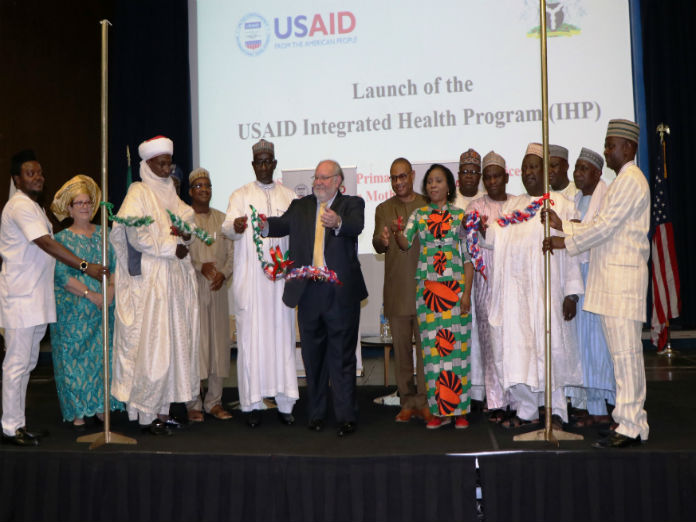UNIC, WHO Train Journalists on Mental Health Reporting
Maryam Aminu
In its drive to build an informed media in Nigeria through capacity building, United Nations Information Center UNIC in partnership with World Health Organisation WHO on 9th- 10th October in Abuja trained journalists on mental health reporting to commemorate World Health Mental Day, themed “Celebrating the Power of Community Kindness”
In his message to mark the World Mental Health Day marked every October 10, UN Secretary General António Guterres has called on countries to break down the barriers that prevent people suffering from mental health conditions from seeking support.
The message was to raise awareness and drive actions that promote and protect mental health as a universal human right and not a privilege.
He tasked all to reaffirm and uphold mental health as a universal human right and together build a healthier world everyone can thrive
Speaking at the flag of the two-day hybrid training, the WHO representative, Dr Walter Mulombo Kazadi caution journalists to prioritize their mental health, adding that when journalists are healthy, they are able to perform better
According to Dr Kazadi, by the nature of their jobs, journalists face tremendous pressure, especially in Media outfits that work around the clock for the whole week and most journalists have, in some way, been exposed to work-related traumatic events that potentially pose a “risk for long-term psychological problems, including depression and substance abuse.”
“Given the importance of the work you do, there’s a need to build your capacity on mental health.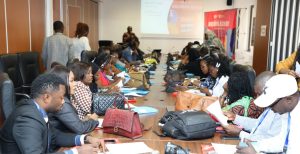
“Therefore, various topics will be covered over the next two days, including what is mental health and why we all need to have good mental health.
“Mental health is a universal human right, intersection between journalists and mental health, practical strategies to prevent and/or manage common mental health conditions, and how to empower you to report on mental health issues,” Kazadi
He assured that WHO would always remain committed to building journalists capacity and to empower them on different aspects of health including strategies for managing individual health.
In his welcome address,
Director, United Nations Information Center (UNIC), Ronald Kayanja, said journalists play a vital role in raising awareness of mental health conditions and promoting its understanding.
Kayanja reiterated the importance of mental health awareness, said proper understanding of how to manage stress would reduce suicidal thoughts in society.
“Awareness will also enable journalists to report on mental health issues with greater understanding and respect and they can use that knowledge to help improve the health of societies through their reporting”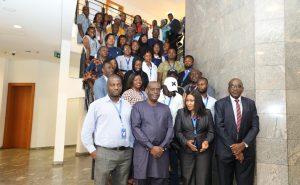
He cautioned that there is need to take care of our mental health because we are so cautious about our physical health while ignoring the mental.
Speaking further, the National Coordinator Mental Health, Federal Ministry of Health, Dr. Tunde Ojo explained that the training was designed to equip journalists with a range of skills and strategies to report mental health issues as well as strengthen the competencies of journalists in reporting mental health issues
Journalist can be quite vulnerable while discharging their duties, because If neglected, it can cause a serious damage to one’s entire wellbeing.
“Journalists are exposed to lots of things that impact their mental health negatively. We want journalists to know how to cope with mental health, when to take a break, or even see a health expert, when the need arises.
The training which was designed to improve the quality and quantity of stories on mental health, familiarize the participants with the prevention strategies for common mental health conditions, so journalists were encouraged to share their experiences
UN Stress Counsellor, Mr. Micheal Onotu who entertained journalists experience sharing profer solutions and prevention to some mental health conditions

